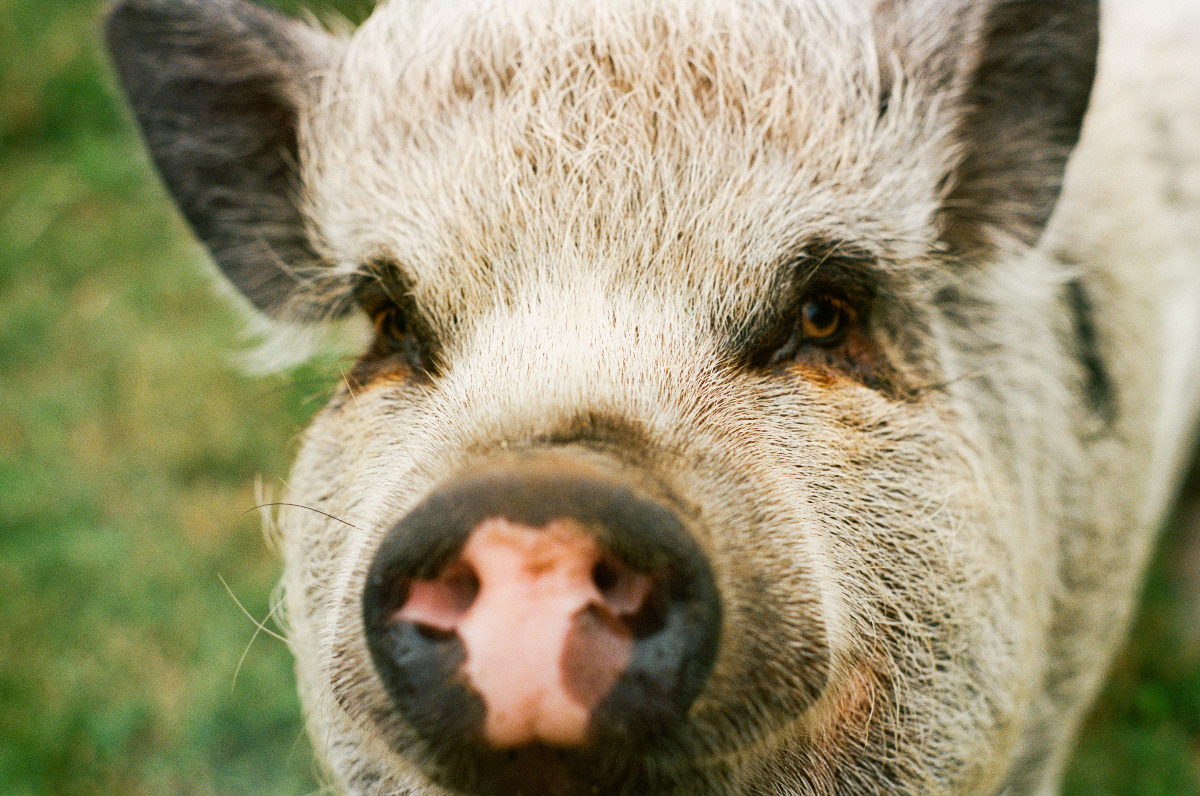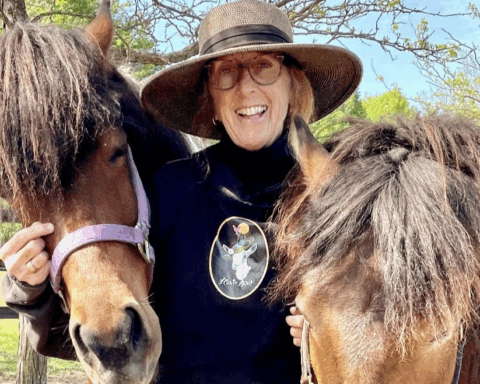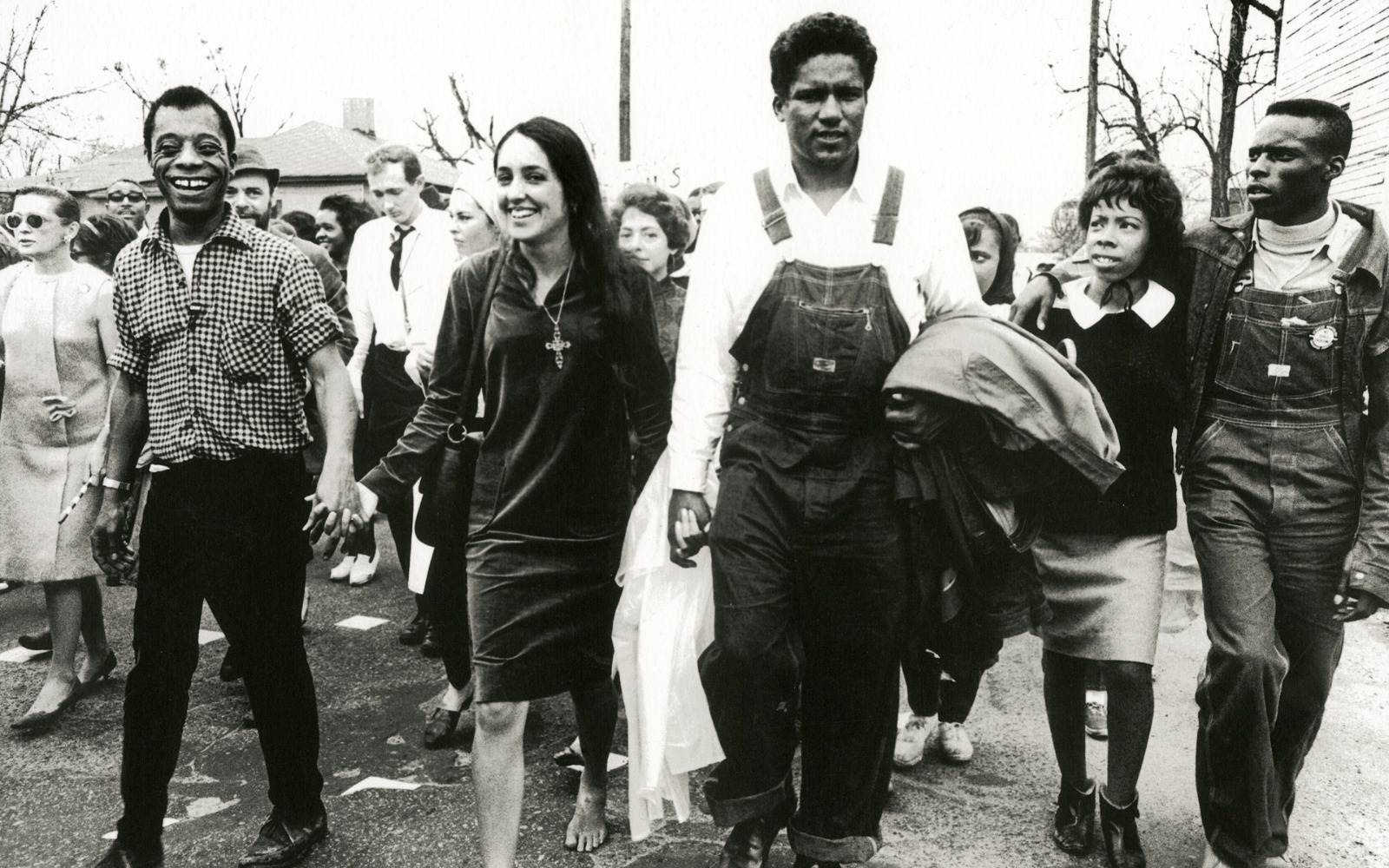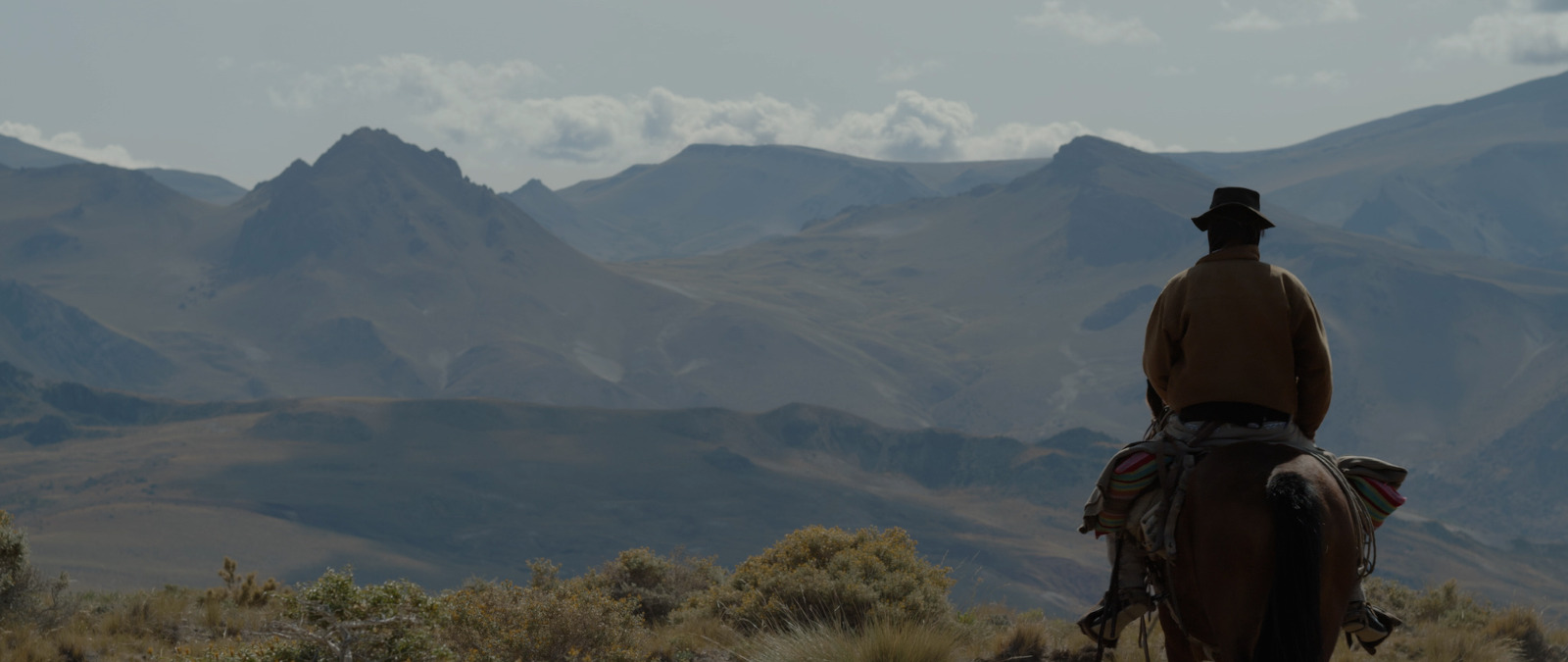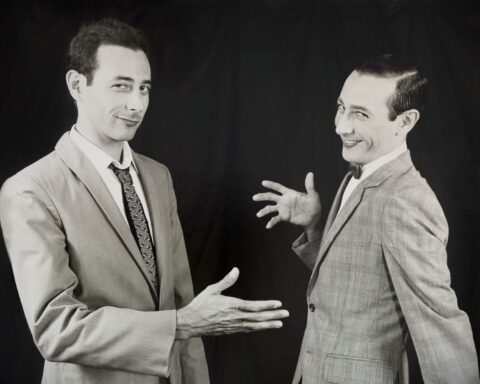Rowdy Girl
(USA, 72 min.)
Dir. Jason Goldman
Programme: World Showcase (World Premiere)
Chances are good when most people order a side of bacon with their morning pancakes, they are not thinking that they might be participating in organized crime. For individuals like former Texas cattle rancher Renee King-Sonnen, who have a deep understanding of animal agriculture, that is essentially what is occurring. In Renee’s eyes, one is “hiring a hitman to kill animals” whenever one eats meat. As she notes in Jason Goldman’s intriguing documentary Rowdy Girl, people only think about the end product and not the brutal violence it took to get there.
Once part of the blood-stained machine, Renee and her husband Tommy have opted to unplug themselves from the animal agriculture industry. Rather than breeding animals for an eventual death, they now dedicate their time to saving animals from slaughter. The owners of Rowdy Girl Sanctuary in Texas, named after one of their cows who opened Renee’s eyes to the notion that animals are sentient beings, they treat all of their two-legged and four-legged inhabitants like family. They are given names, talked to like regular people, and provided plenty of space to roam.
As Goldman’s film observes, this change in mindset did not come easy for the couple. Speaking frankly in the film, they admit to having to confront the various hypocrisies in their own life. Renee used to call Tommy a murderer for taking cows to sale barns, despite his discomfort with sending animals to their death, but would then turn around and her have her beloved Chick-fil-A sandwiches. Her disconnect between the product she loved and how it was made was part of the industry’s design. If people knew the gruesome Wizard behind the curtain, then the things he produced would not be so magical.
Renee not only aims to pull back the curtain, but also show others that there is a more sustainable and financially viable yellow brick road they could be waking down. Wanting to break the chains that have bound society to the herding and hurting of animals for thousands of years, she promotes the benefits of moving towards mushroom farming. Creating a Rancher Advocacy Program, Renee helps to usher cattle ranchers making the shift through the prickly thorns of pushbacks that line the path in a beef-centric region like Texas.
Throughout Rowdy Girl, the audience is constantly reminded of the significant change these animal ranchers are making. Goldman’s camera regularly observes the now cavernous empty spaces of farms, that use to house animals, as they are in the process of transitioning to plant-based produce. Rather than showing the step-by-step transformation like one of those home renovations shows, the documentary is far more concerned with hearing the former ranchers recount the horrors that occurred within the space. Their stories not only allow the film to touch on the normalization of violence in our society, but PTSD that it can cause on those who literally lead the lambs to the slaughter.
The nature of violence is something that Renee has long wrestled with in her personal life. Speaking openly to anyone willing to listen, she is honest about her father’s rage, the spousal abuse she witnessed as a child, and the substance abuse she turned to as a result. While there is clearly a spiritual aspect to Renee’s sobriety and commitment to making life better for animal and humans, Goldman’s film hardly dips its toes into those fertile waters. One sees the former cattle rancher starting her day by listening to positive affirmations and having quiet moments of what appears to be meditation by a tree, but that is as far as it goes.
While Goldman’s documentary seems hesitant to dive deeper into Renee’s journey from trauma to animal right advocacy, she still remains a captivating subject to follow. One of the reasons Rowdy Girl is able to get its messages of sustainability and veganism across is because Renee and Tommy are such compelling individuals. Having straddled both sides of the fence, and wrestled with their own hypocrisies in the past, they come off as relatable rather than preachy when championing the benefits of a plant-based economy.
In watching Renee and Tommy chatting with their hooved and feather friends, and seeing the personalities of the animals shine through, one cannot help but reflect on the genuine connections being made. It is this bond that forces to viewer to reassess their own role in the animal agriculture industry. Rowdy Girl may not compel one to immediately go vegan, but it will make you think twice about ordering that hamburger the next time you are out.




